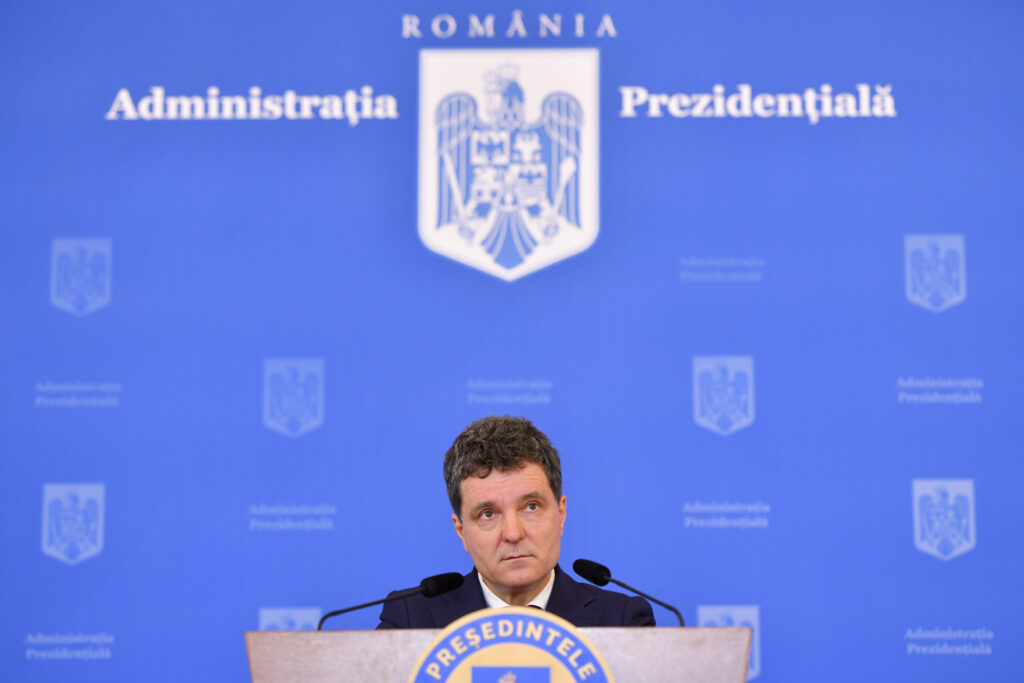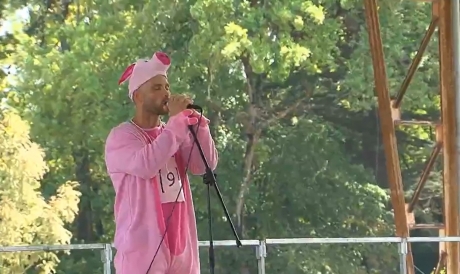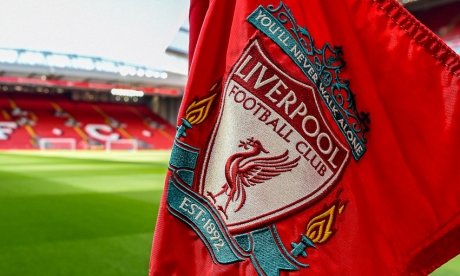The first preliminary results after the local elections in Moldova show consistent but not overwhelming support for the ruling pro-EU party PAS in general and a lack of prominent candidates for leading cities such as Chisinau and Balti, where the opposition’s representatives dominate the electoral race.
Major opposition parties don’t openly express pro-Russian views but question Moldova’s EU candidacy.
For the mayoral elections in Chisinau, PAS’ candidate Lilian Carp got half the votes for the incumbent mayor Ion Ceban (opposition, former Socialist), while in Balti, the candidates of fugitive oligarch Ilan Shor and opportunistic politician Renato Usatii are fighting for the mayoral seat.
The situation is more balanced regarding City Councils, where PAS fares more in line with its leading position in the electoral polls. A small part of the votes were counted so far, though.
The turnout was just over 40% nationwide, higher compared to the past ballot in 2019 but weak compared to the key role of the ballot in making a pro-EU statement, demonstrating a deep commitment to breaking the ties with Russia and signalling future results in the presidential and parliamentary elections in 2024 and 2025, respectively.
The local elections in Moldova on November 5 were marked by eliminating all candidates from the “Chance” (Sansa) party, a clone of the Shor Party of fugitive oligarch Ilan Shor. The elimination was decided just before the end of the electoral campaign, on November 3.
It was perhaps the toughest of the many debatable decisions of pro-EU authorities in Moldova, took in order to pare or minimize its electoral defeat after explicit promises made by fugitive oligarch Ilan Shor (condemned to 15 years if jail for bank frauds, but hiding in Israel) for cheap gas to those localities where his candidates (Chance party candidates) get elected in the first ballot.
(Photo source: Alberto Mihai/Dreamstime.com)

















.jpg)






 English (US) ·
English (US) ·  Romanian (RO) ·
Romanian (RO) ·